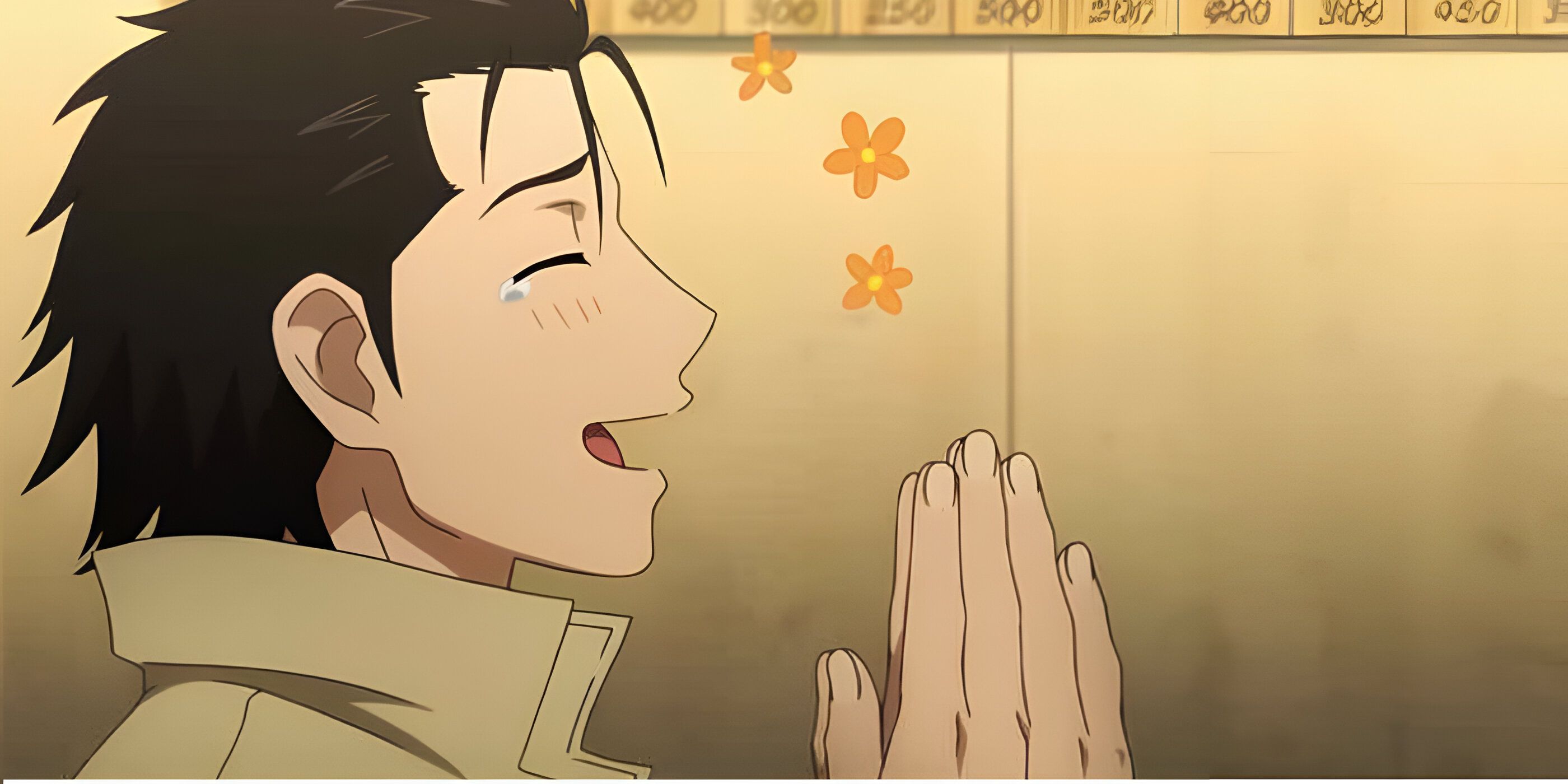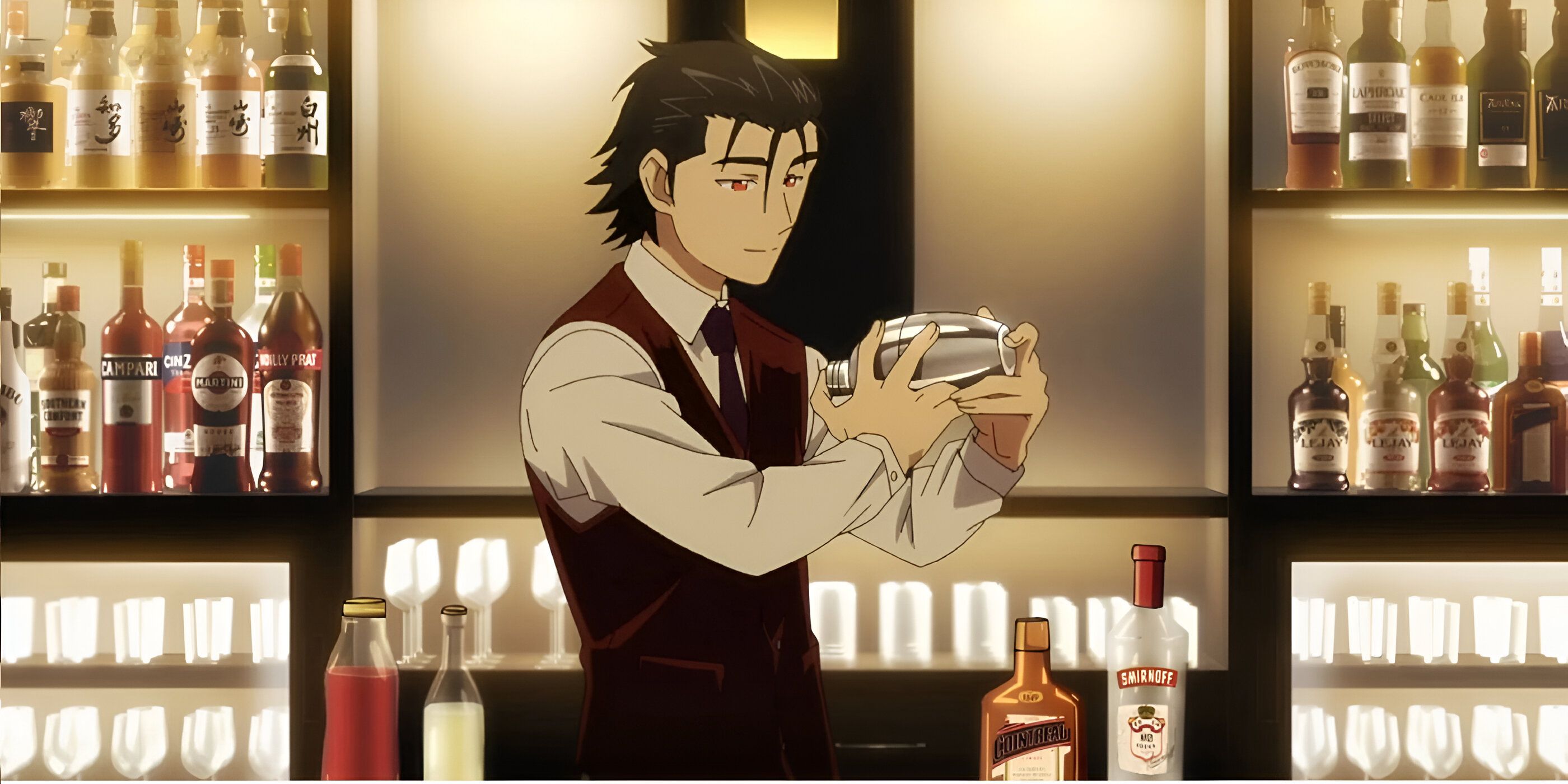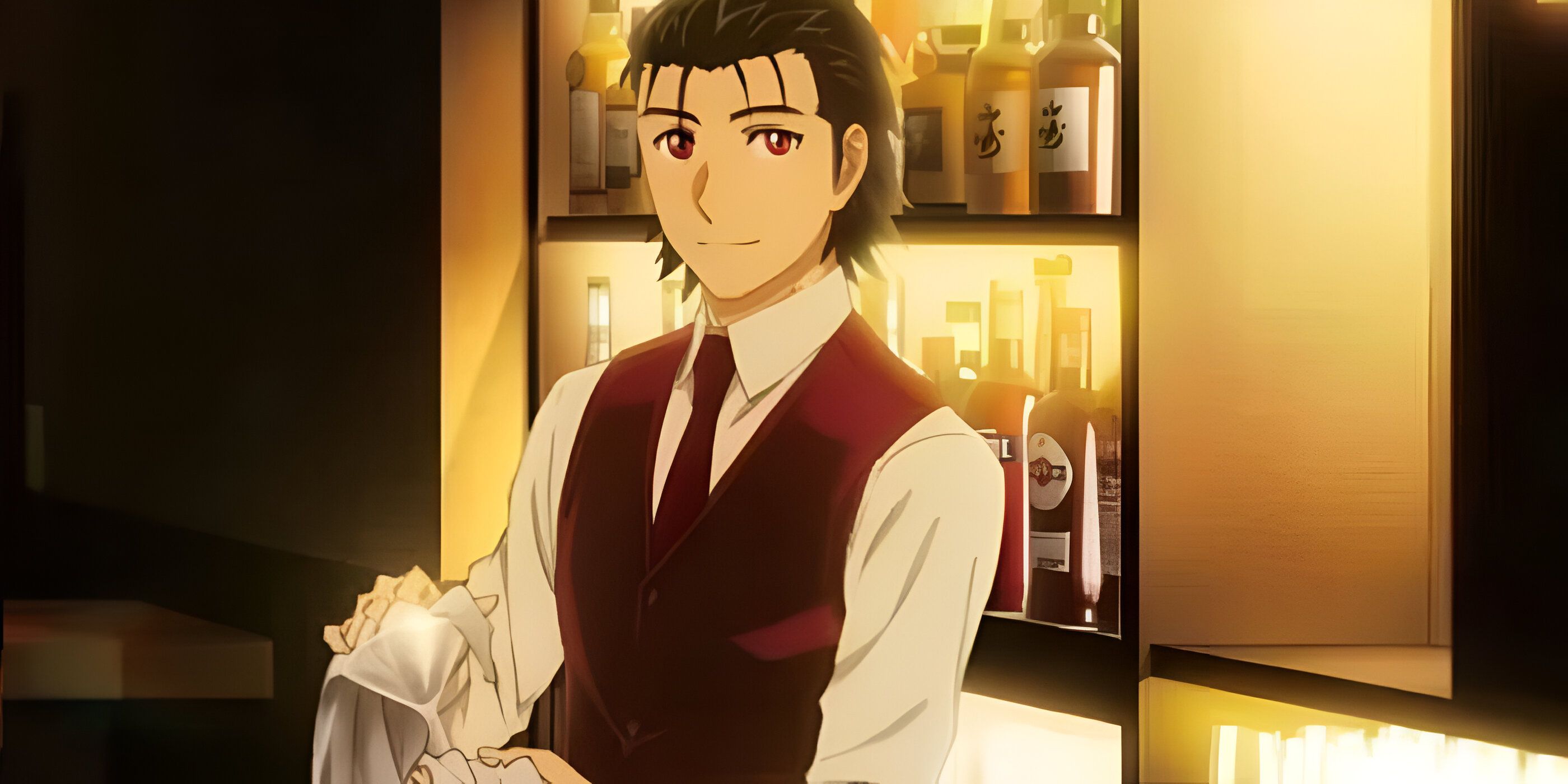The anime Bartender: Glass of God may have done more harm than good while trying to distinguish itself from the prior 2006 adaptation of the manga. In attempting to include both the familiar “Drink of the week” format, and various recurring subplots that are propelled by a larger cast, the new 2024 anime lost some of its identity while trying to go “big” with extra suspense that it didn’t need to begin with.
From the onset, the newer adaptation tries to add overarching conflicts that simmer in the background, most prominent being Miwa Kurushima’s effort to recruit Ryu Sasakura to man a new hotel bar. While it provides a useful throughline for the anime, the 2006 anime’s own episodic format shows that bars don’t need lingering problems, focusing instead on laid-back and relaxing slice-of-life themes.

The inclusion of the Hotel Cardinal subplot, among many others, dilutes the otherwise intimate experience Bartender should have, by making more of what should have been a series about a customer and their drinks.

Related
New Slice of Life Anime is the Perfect Introduction to the Genre For One Big Reason
Bartender: Glass of God is officially a slice of life but there are many aspects of it that feel more like sports manga and even classic shonen.
Bartender Anime Loses Focus With Expanded Plot
For Slice of Life Anime, Less Is Often More
While both Bartender adaptations revolve around Ryu Sasakura, his bar Edenhall, and the customers that enter it, they wind up taking very different tacks: The 2006 adaptation episodic set-up followed around the lives of different customers, what leads them to Ryu’s bar, and why the drink he mixes for them is appropriate. Glass of God, meanwhile, is more interested in overarching narratives: the anime here wants to dive deep into Ryu’s history and the issues that make him reluctant to join a higher-class establishment. While sound in concept, it often feels like the new adaptation misses the strengths of the material.
The story of Ryu and Edenhall often feels like it’s being interrupted by the issues faced by other local bartenders, and they do feel like unwanted intrusions into the slice-of-life format that the 2006 anime feels to have perfected. With only 12 episodes, the customers and cocktails share limited time with things like contests and challenges that feel out of place. The greatest offender, emblematic of the issue, is the character Kelvin Chen, whose family drama, complete with cliffhangers, comes and goes at Ryu’s expense, whom audiences had wanted to watch mix drinks, rather than Chen’s tumultuous relationship with his father.
Bartender Reaches Far, and Holds Too Much

Between Chen and Ryu, Glass of God injects extra personal angst and drama that feels unnecessary. While overarching narratives are popular today, the first anime stayed concise and focused by keeping its cast small and revolving. Introducing one problem per week, before tying it up with Ryu’s cocktail magic kept the show centered on bartending itself.
There was no need to have a recurring cast, or for Ryu to have personal demons to exorcise in an arc. These extra stories sap Bartender: Glass of God’s strength, leaving it divided even when it tries to invoke the “drink of the week”.




